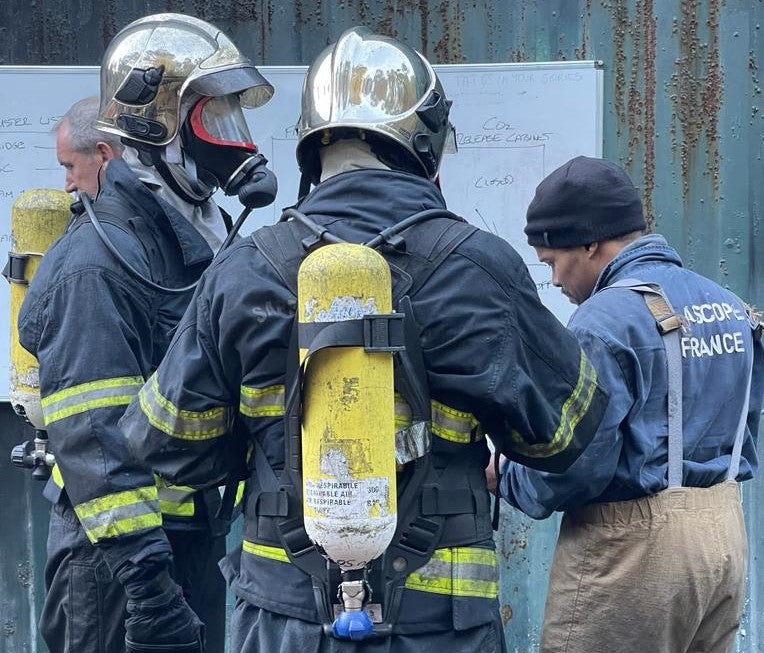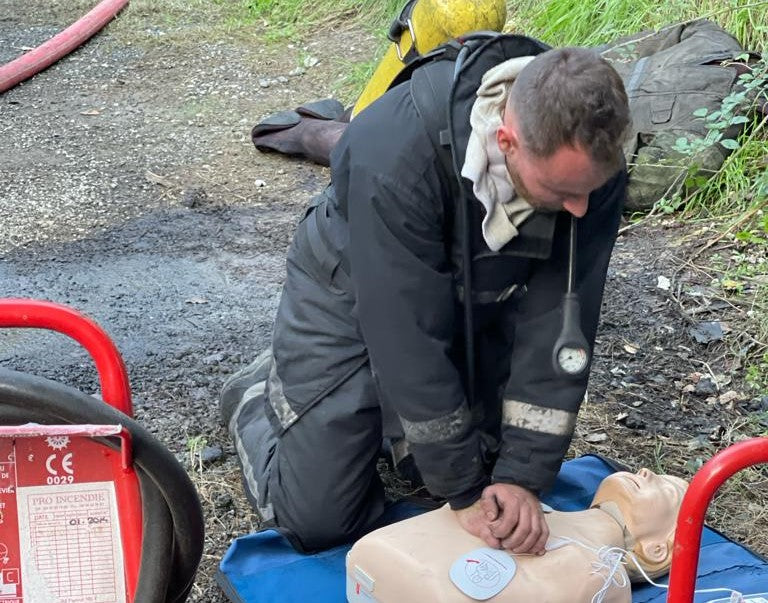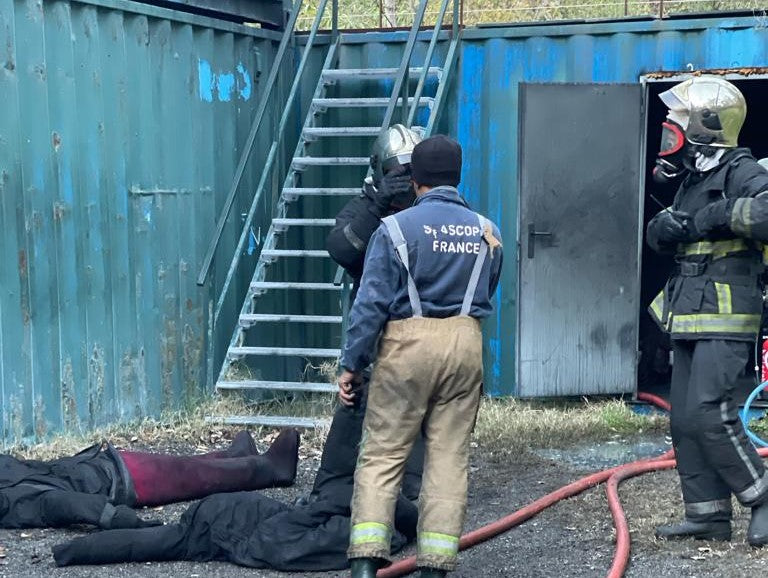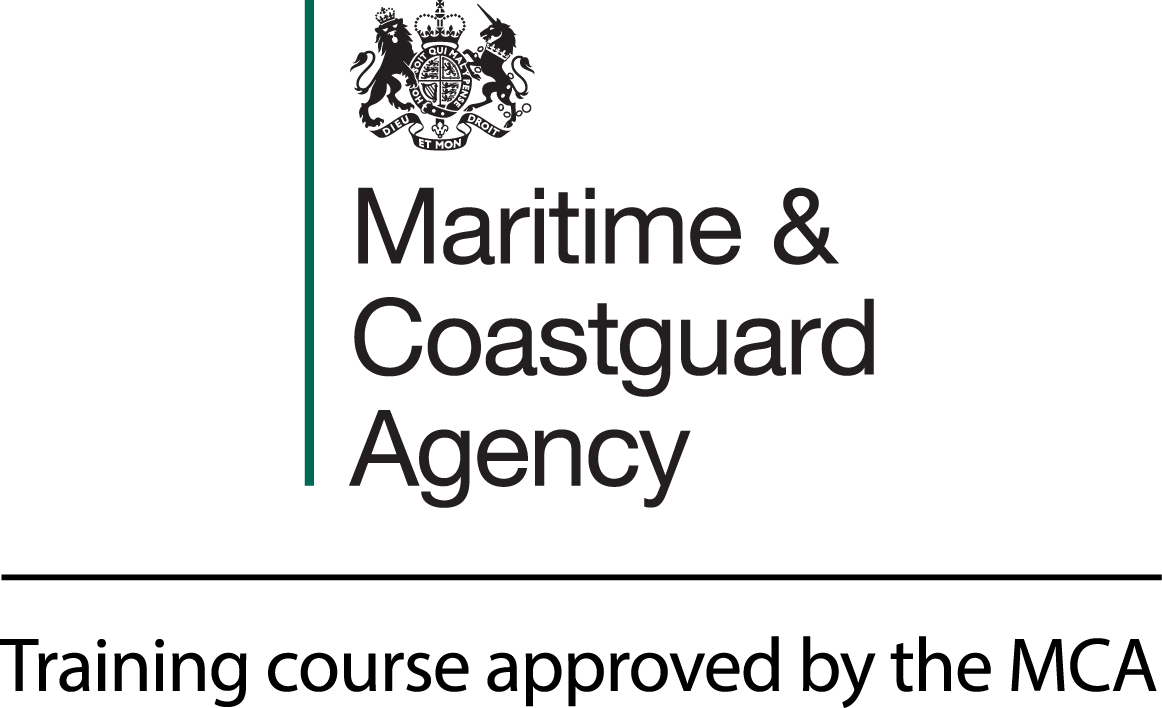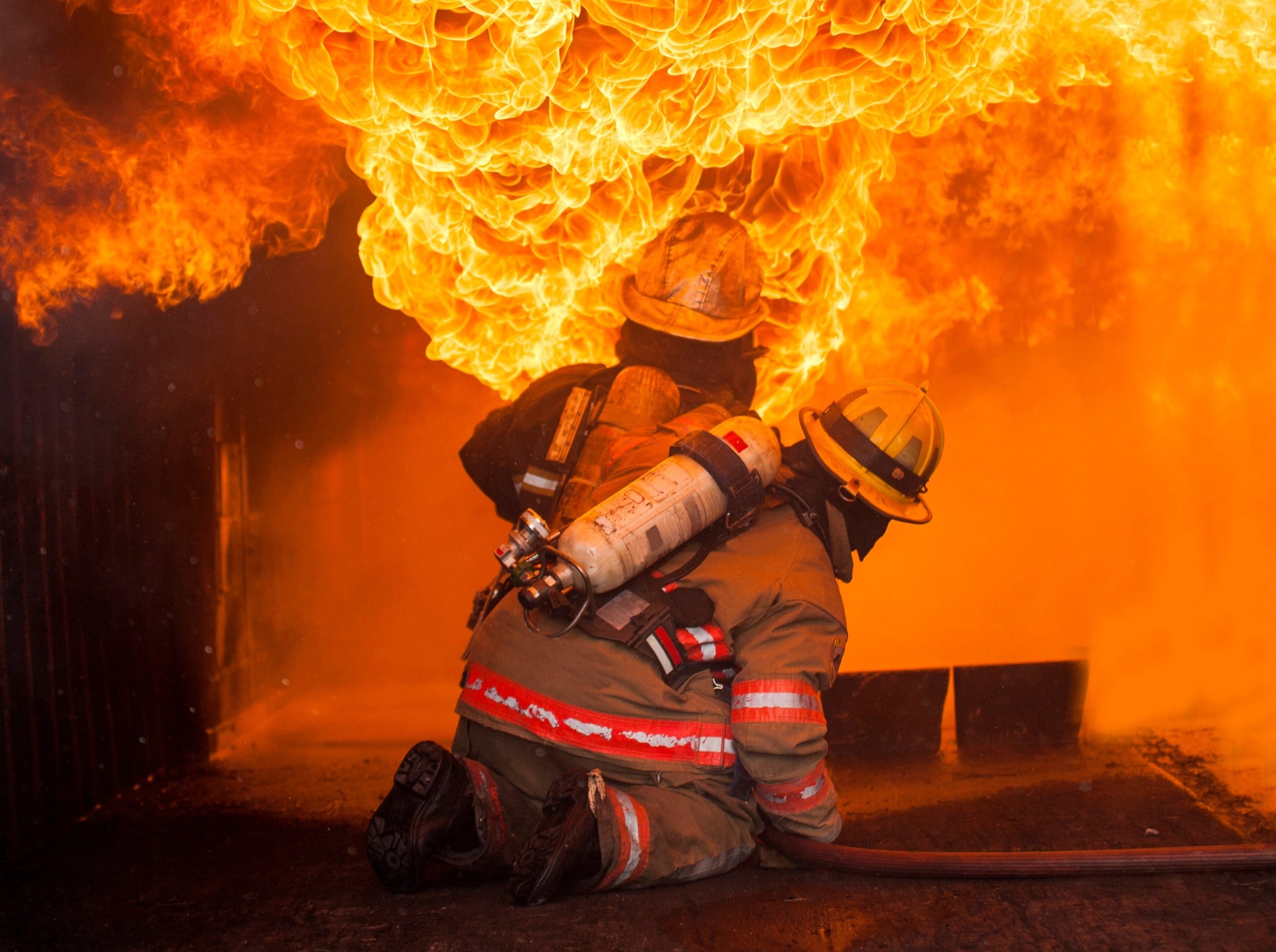
STCW Advanced Fire Fighting (AFF)
STCW Advanced Fire Fighting (STCW Code A-VI/3) is a safety training aimed at deck and engineering officers who wish to apply for MCA Certificate of Competency as well as for crew designated to manage and control fire-fighting operations on board the vessel. The course involves a number of practical exercices of different intensity and covers the issues of fire fighting organisation, tactics and command, use, maintenance and inspection of equipment etc. Candidates for this course must be in possession of valid STCW Basic Fire Prevention and Fire Fighting certificate.
What you need to know
Place: Antibes
Classroom address: 555 avenue Jules Grec 06600 Antibes
Fireground: Our fireground is conveniently located within 30-min ride by car from Antibes, and therefore does not require extra time for the training. Transportation from Antibes to the fireground is provided.
Duration: 4 days
Pre-requisites: Candidates must hold valid Certificate of Proficiency in Fire Prevention and Fire Fighting. Valid ENG1 or other medical certificate is desirable.
Price: 1400 euros
Payment options: Both full payment and deposit options are available. You can opt for 50% deposit upon booking at the checkout or email tranining@seascopefrance.com to book. Please, note that the place on the training is not secured until a deposit or full payment is received.
About the course
STCW Advanced Fire Fighting forms a part of the training mandatory to progress towards higher positions onboard including OOW, Chief Mate and Master of Yachts (less than 500 GT and less than 3000 GT). As an advanced safety course, STCW AFF is also required for crew working to enter SV engineering programme. STCW Proficiency in Advanced Fire Fighting certificate is held by crew involved in controlling the fire fighting operations onboard.
The course runs over four days and involves both theoretical and practical fire training. There are 2 theory and 2 practical days.
The course covers:
- Fire theory revision
- Extinguisher use and maintenance
- Breathing apparatus use and maintenance
- Search and rescue techniques
- Command and control of a fire on board ship
- Tactical command
- Communication
- Stability issues regarding fires on board
- Casualty response and handling
- IMDG code
- Fire investigation and reporting
Practical training includes various excercises using different types of fire extinguishers, BA (breathing apparatus) sets, and fire fighting equipment. Our fireground is equipped with containers simulating vessels, and we set real fires thus giving the course candidates to experience close to real life situations.
Please note: This course is physically demanding; candidates for the training will be required to sign a confidential medical declaration to make us aware of any health issues or medical contraindications they may have prior to commencing the training.
Assessment
The assessment for the training is continious. Attendance is obligatory in order to pass and obtain the certificate.
Certification
Our STCW Advanced Fire Fighting course is approved by the MCA. Upon completion of the training, STCW Certificate of Proficiency in Advanced Fire Fighting is issued. In accrodance with the amendments to the STCW Convention, the certificate is valid for 5 years and can be renewed by taking STCW AFF Refresher course.
FAQs
I don't have a valid medical certificate. Can I still take the Advanced Fire Fighting course?
Yes, as long as you are physically fit and sign the medical declaration, you can join the training.
How do I book on the course?
Please, send an email to training@seascopefrance.com, and we will guide you through the process.
If I opt for 50% deposit, when do I need to pay the remaining balance?
The outstanding payment should be covered on or before the first day of the training.
How long do I need to wait for my certificate?
The certificate is issued immediately upon completion of the course.
What do I need to bring for the training?
For the theory days, we encourage you to take a pen and paper to make notes. For the practical days, you will need appropriate clothing, i.e socks to wear fireboots; old clothes are recommended as we use real fires, and you might get dirty. You will also need to bring packed lunch and drinking water with you.


